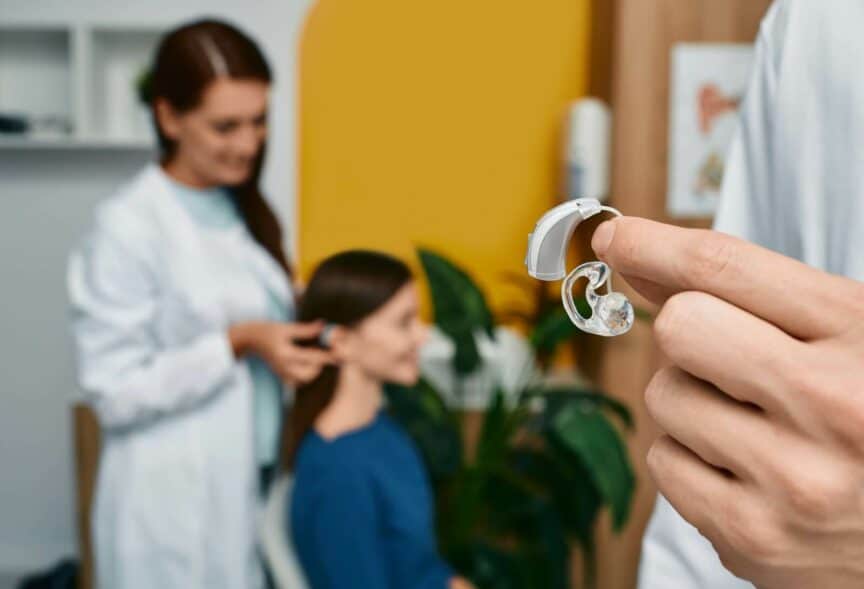Tens of Millions of People Depend on Their Hearing Aids
Though it is impossible to say exactly how many, it is commonly estimated that around 13% of adults in the United States live with some detectable degree of disabling hearing loss. This is no fewer than 38 million people and as high as 48 million people directly impacted. And hearing aids are the most common treatment that these people depend on.
Most contemporary hearing aids are tiny, just around 1.5 cm long. They rest discreetly behind your ear. Their sound and their fit are both customized for each individual’s needs. And of course everyone who wears them habitually comes to depend on just as much as anyone who wears eyeglasses. So obviously any issues with your hearing aids should be dealt with immediately.
The Three Most Common Problems
The vast majority of all the problems that people will face with their hearing aids fall under one of three categories.
—The hearing aids are dead, they completely stop making sound
—The volume will not get loud enough
—The sound distorts
The Steps to Solve Any of These Problems
To deal with any of these three problems you should first follow these same basic steps. Doing so will help you identify the cause of the problem and solve it.
The first thing you should be sure to do, even though it may sound ridiculous, is a very common mistake: double check that your hearing aids are turned on. And even if they are on, flip them off and on again. Doing this forces all of the various operations of the electronics within the hearing aids to restart properly. It may seem ridiculous, and even a cliche punchline of problem-solving, but it works.
If your problem persists, look closely for debris clogging any part of the hearing aid. It could be moisture, dust, dirt, or earwax. It could be in the microphone, the tubing, or the ear mold. Carefully removing any minuscule physical obstructions could be all it takes.
If neither of these first steps has made a difference, inspect your hearing aids for tiny cracks. There is nothing you can do to fix a crack except for taking it to your audiologist as soon as possible, but at least you will have identified the problem.
You have turned them off and on again, no physical debris or cracks, and the problem persists? Double check that your battery is inserted correctly. Usually your battery door will not close if the battery is not inserted properly.
Is your volume turned up to where it should be? Try to turn it all the way down then back up again. If it is operating as it should be then the difference should be obvious.
Are you on the proper setting? Most contemporary hearing aids allow users to switch between multiple settings for different contexts. Make sure that the problem is happening across all the settings. Maybe you accidentally bumped something. It can be disorienting to be in a familiar situation but with the wrong setting engaged.
Finally, maybe your battery needs to be replaced. If that does not work, maybe the battery contacts have corroded and need to be cleaned. Maybe you can lightly brush this corrosion clean with a very damp sponge, but your specialist may need to do this for you.
Feedback
There is one other common problem that requires a slightly different fix: feedback, a high-pitched squealing sound. This most often happens if the fit of your hearing aid within your ear is somehow off. Try taking them out and re-inserting them. If the feedback is still there, you likely need to get your fit adjusted. And if the problem is not with the fit of your hearing aid, it could be the result of impacted earwax slowly warping the fit. You may just have to clean your ears.
See Your Hearing Health Professional
If your hearing aids continue to be less than ideal, it is time to make an appointment with your hearing health specialist. People’s hearing changes over time. Without regular checkups it is perfectly normal that your needs may change without you noticing. And electronic goods to wear down and malfunction and this is also perfectly normal. Make an appointment with one of our specialists today to guarantee that your treatment is exactly what it should be.


